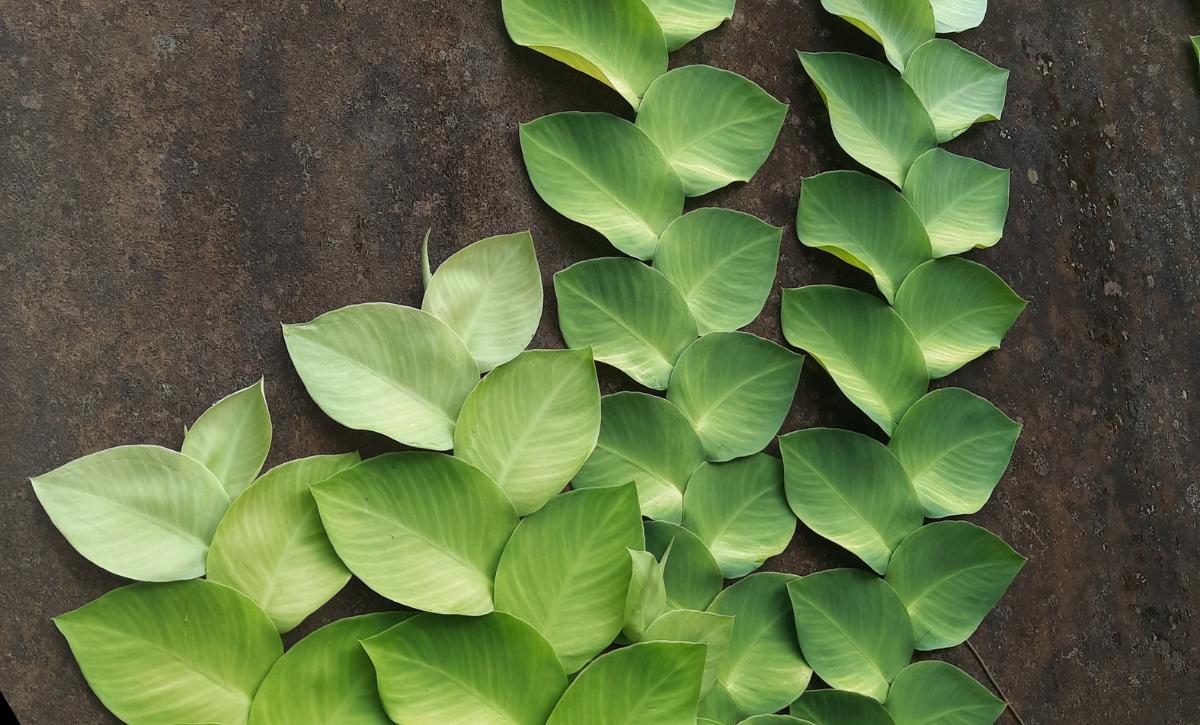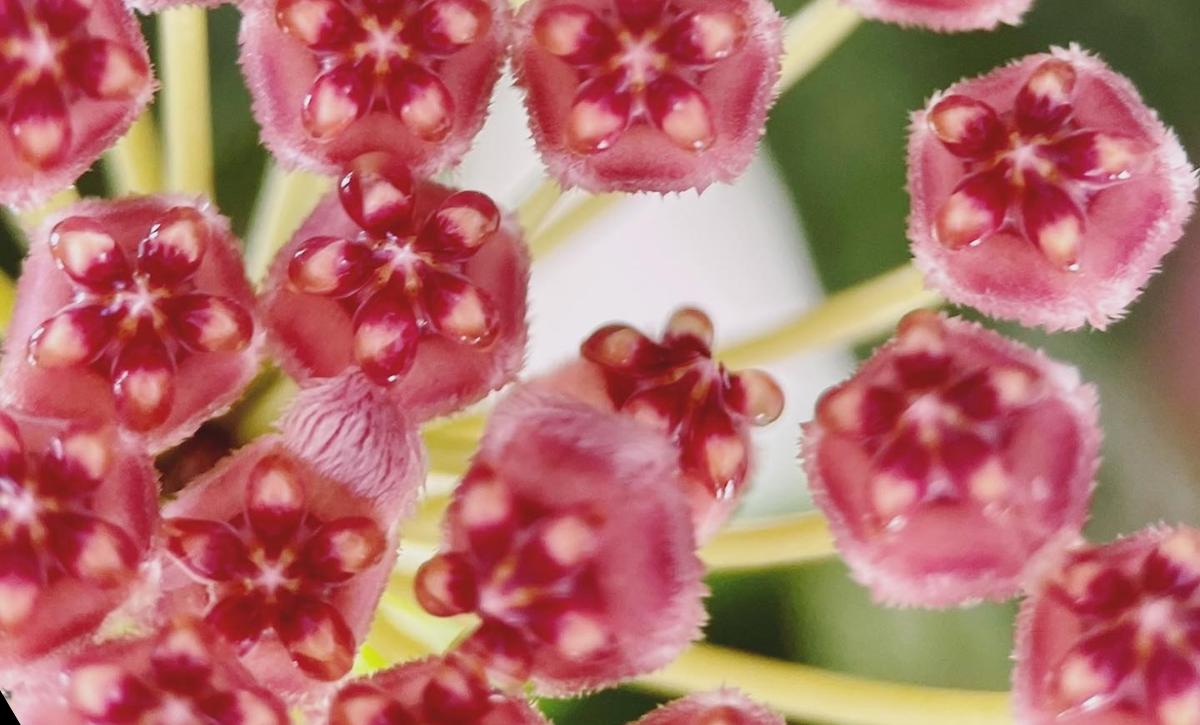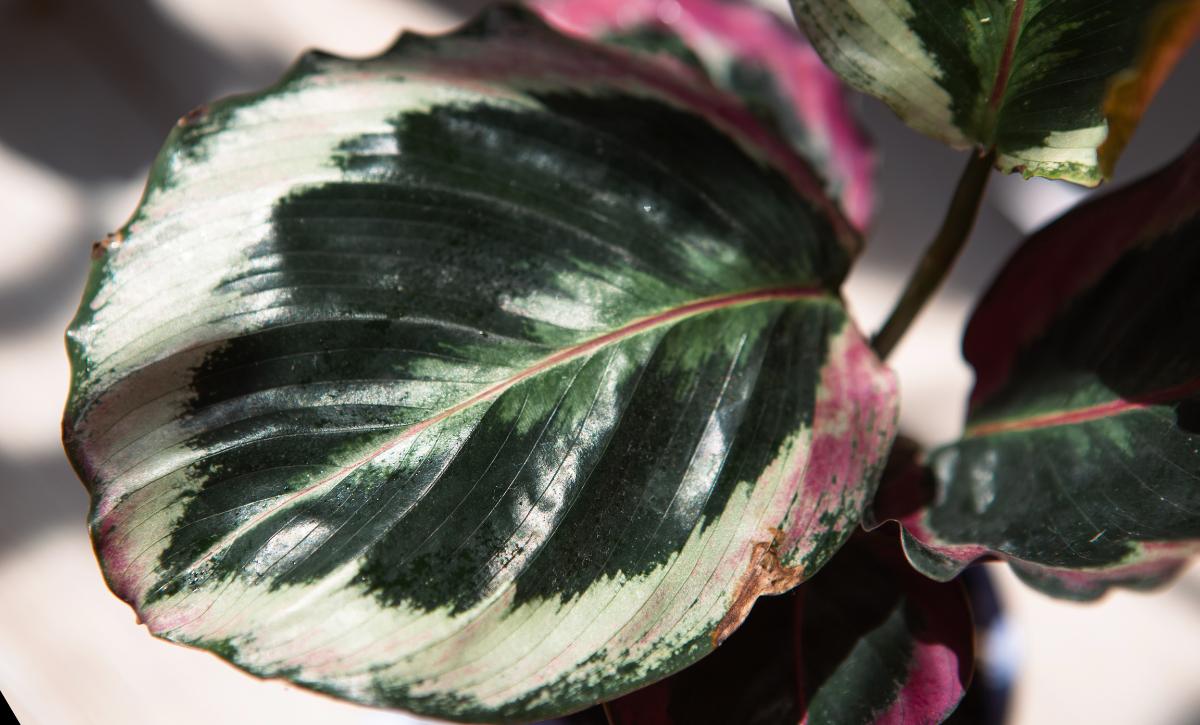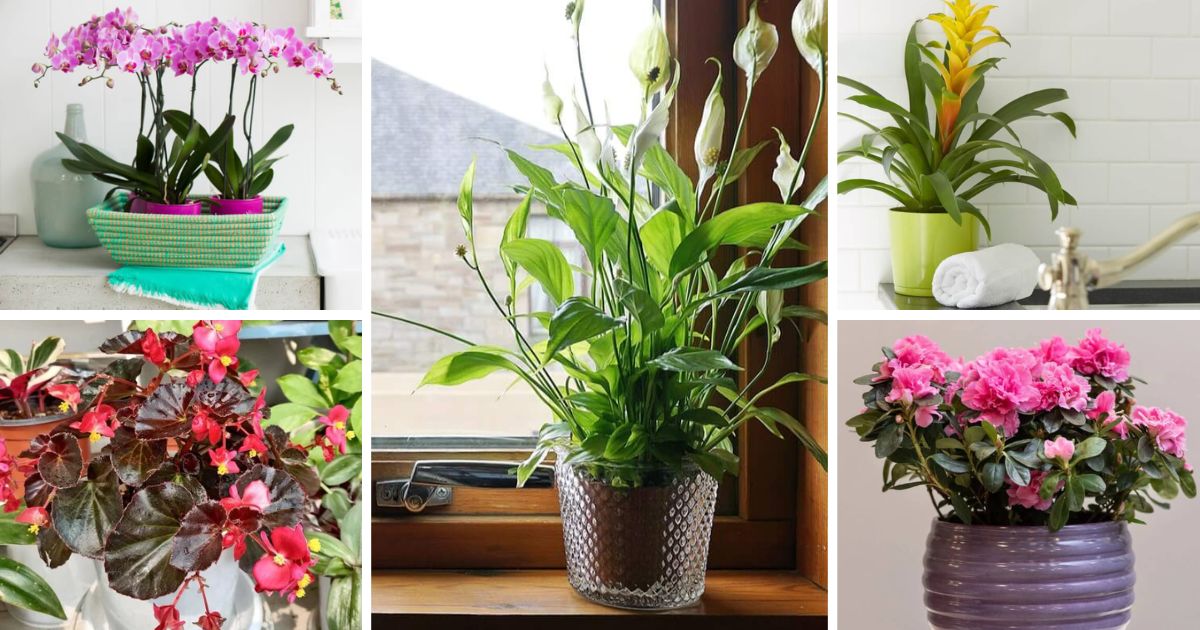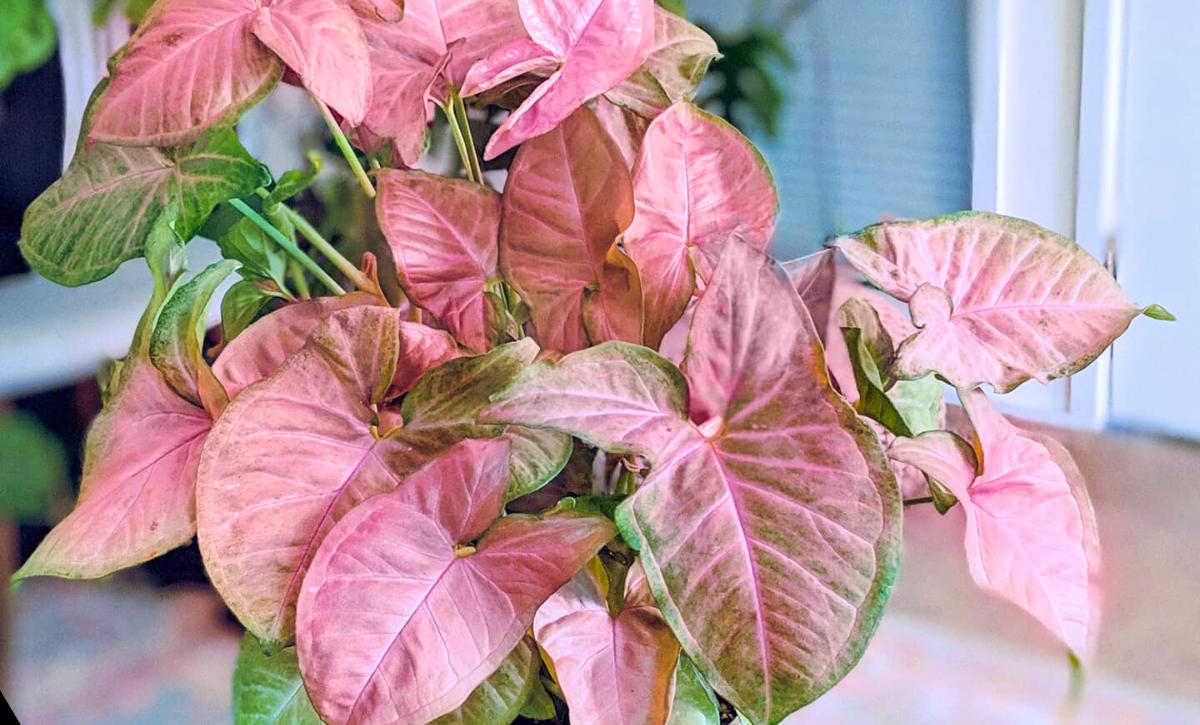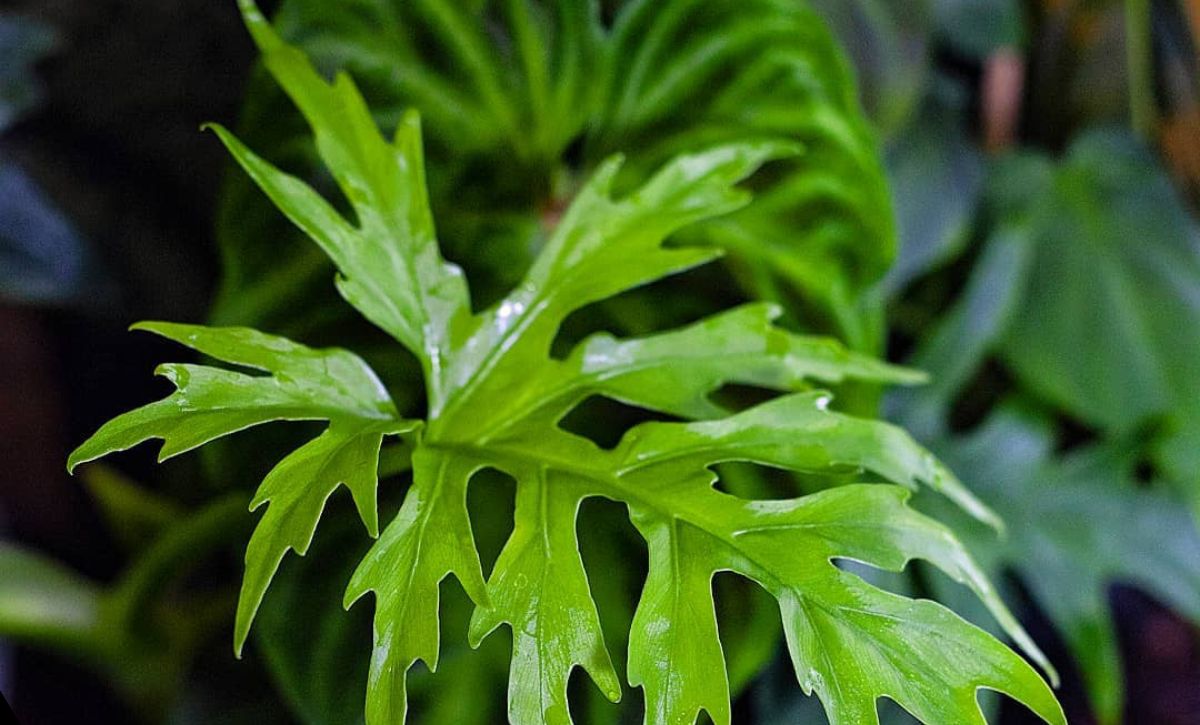Are you tired of taking pills for any ache or indisposition you feel? In the past, there were no pills. Our grandmas used to go to the garden or to the forest and come back with palms full of plants that can successfully fight the pain.
Natural remedies are becoming very popular nowadays and instead of buying them from the stores, you can source them from your garden.
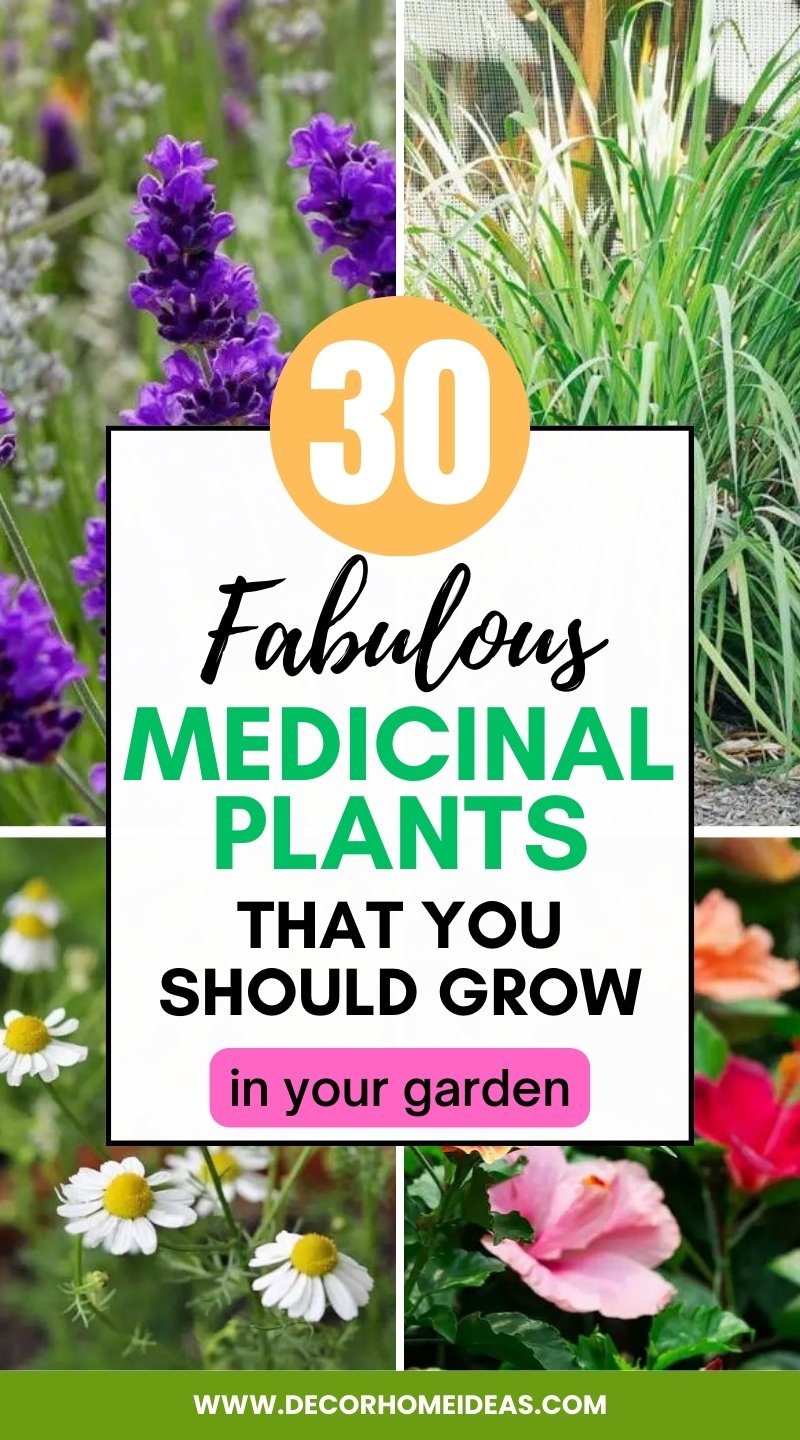
Today, we will take a closer look at natural medicine with our collection of 30 Medicinal Plants You Should Grow in Your Garden.
1. Sage
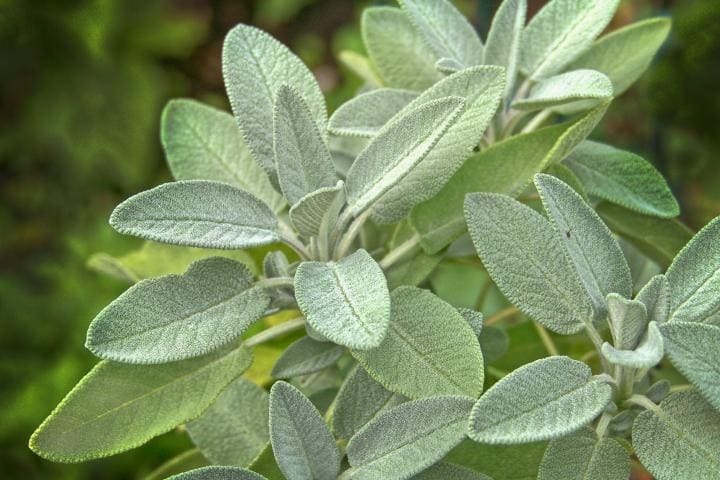
Salvia also known as Sage is a popular herb known for its healing properties. You can chew a few of its leaves when you are having a sore throat or a toothache. Its benefits are sensible when the leaves are fomented on the aching area.
The Sage can be also boiled as tea helping issues with menopause, anxiety, depression, indigestion, liver complaints and many more. Applied externally, the Sage can relieve itches and aches from insect bites, skin and mouth infections.
2. Garlic
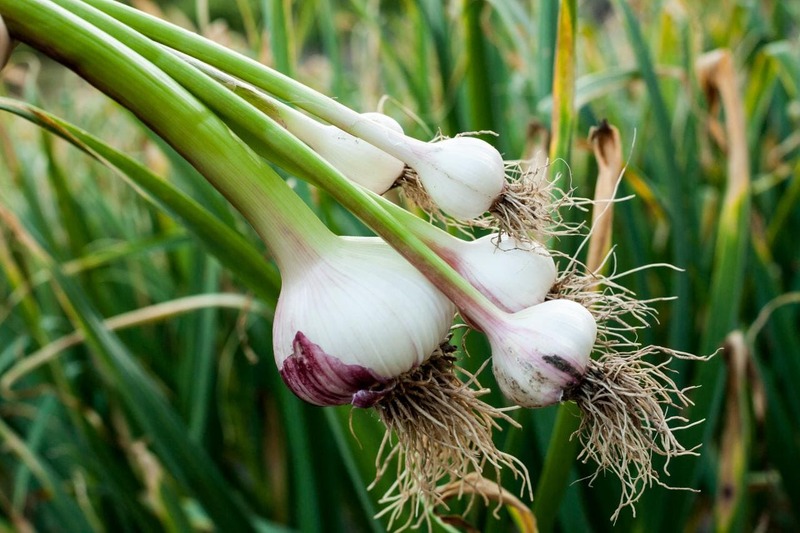
It is no doubt that garlic is an amazing cuisine ingredient but what about its benefits for human health? They are literally numerous. Garlic is known as a natural immune system stimulator. Its anti-microbial activity fights many diseases.
There is no wonder why garlic is also called a natural anti-biotic. In addition to that it is anti-fungal, anti-viral, and helps in case of tooth abscesses and colds.
3. Aloe Vera
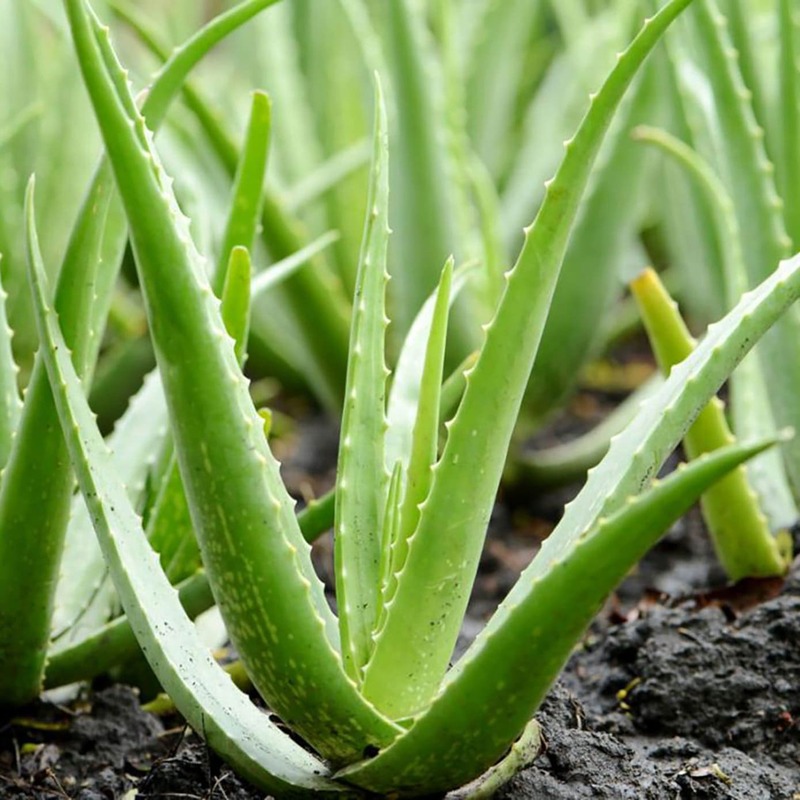
Although eating aloe is not tasty, this doesn’t make it non-edible. You can find it as part of drinks and vitamins because of its wide spectrum of benefits, especially such related to the digestive system.
If you grow it in your garden, it is a number one rescue in cases of external wounds, cuts and burns.
4. Lavender
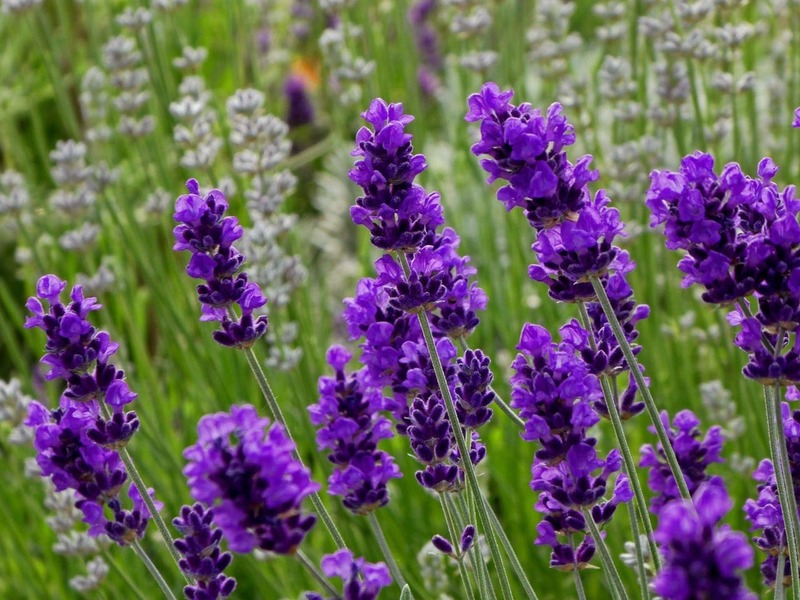
Lavender is an irreplaceable part of beauty products but it’s also very beneficial as a natural remedy. You can diffuse it in the air in cases of anxiety, colds and viruses. The oil from lavender can be applied directly on the skin to repel mosquitos and also to heal small bites and burns.
5. Winter Savory
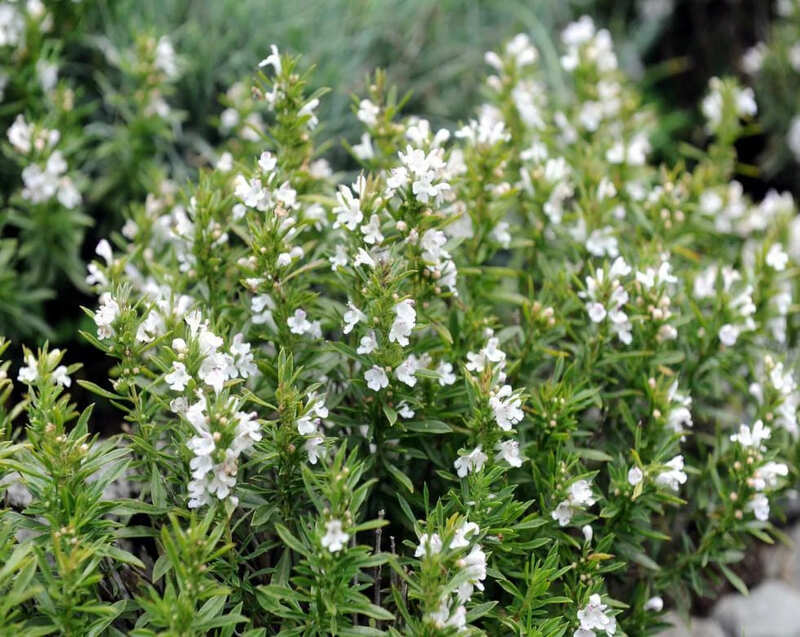
Winter savory is mostly known for its benefits for sex life. It fights early orgasms and acts as an aphrodisiac. Tea drinkers take it in cases of cramps and digestion system disorders such as diarrhea and nausea.
6. Stevia
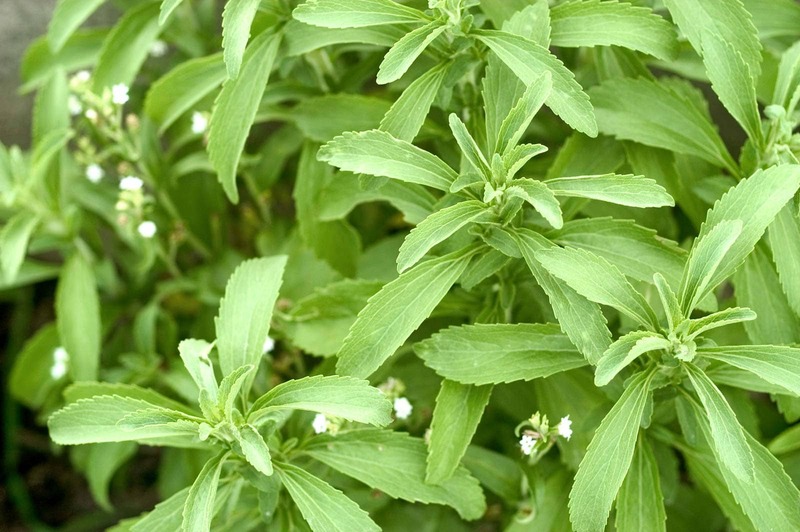
Stevia is known as an alternative to sugar. People with diabetes or on a diet use it as a natural sweetener.
In addition to that Stevia is an excellent skin care supply. Add leaves of Stevia in your masks and you will feel your skin softer, supple and younger.
7. Rue
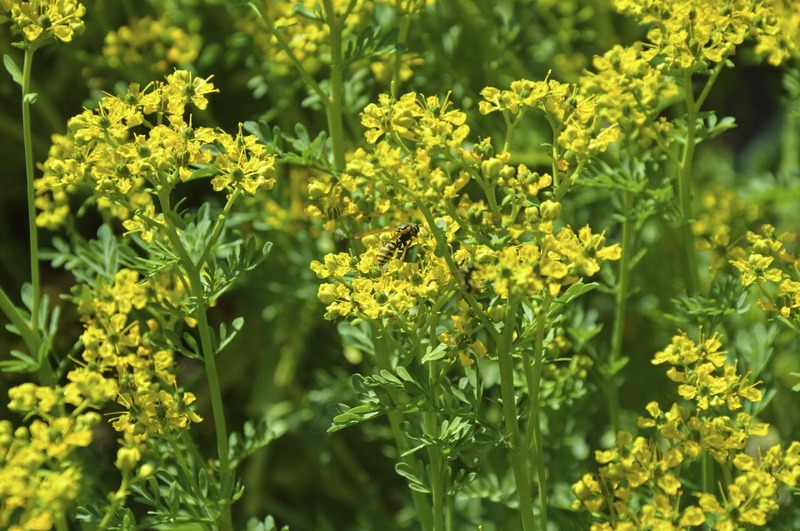
All parts of Rue that grow above the ground are useful for human health. It is only beneficial when taken in medicine, otherwise, it can be harmful.
Rue is part of medicines intended for digestion problems like upset stomach, and diarrhea. It is helpful for breathing issues like coughing due to pleurisy. Rue is used for heart problems and aches. Headache, cramps, nervous problems fever, and hemorrhage are among the issues it can fight.
8. Thyme
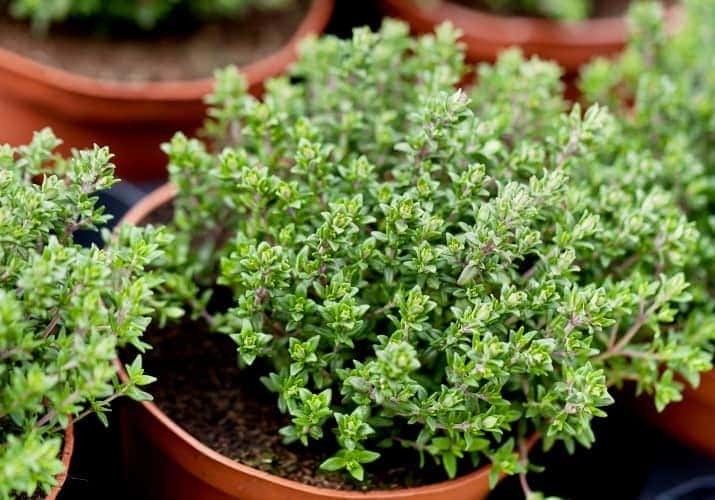
When you flavor your dishes with thyme you probably don’t think of its benefits other than its amazing taste. Well, thyme has many medicinal qualities. Thyme fights skin problems and is a good disinfectant. Thyme’s essential oil reduces blood pressure, fights cancer, and bacteria infections, and generally boosts the immune system.
Thyme oil can also be diffused. This aroma therapy is known to increase the concentrations of serotonin and dopamine, two hormones that keep us in good mood.
9. Basil
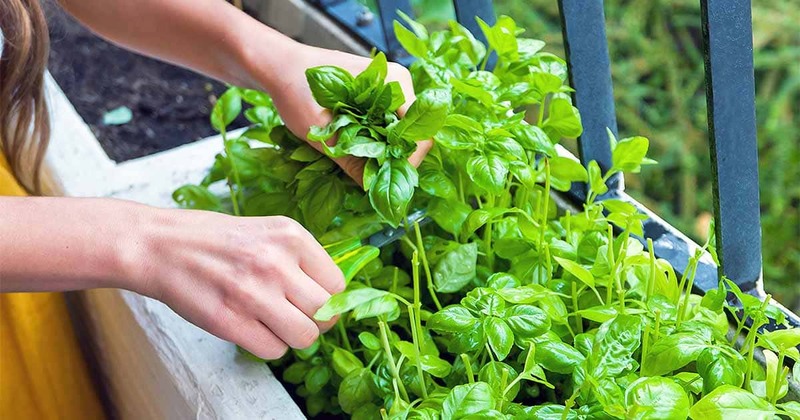
Basil has a distinct taste as a spice and is a good mosquito repellent. Have you ever heard that it is a great detoxifier?
It also helps the body to fight stress and become more energized. The simple eating of fresh basil leaves will let you get Vitamin A, Vitamin K, Iron, Manganese, Calcium, and essential oils which are so precious for the immune system.
10. Pot Marigold
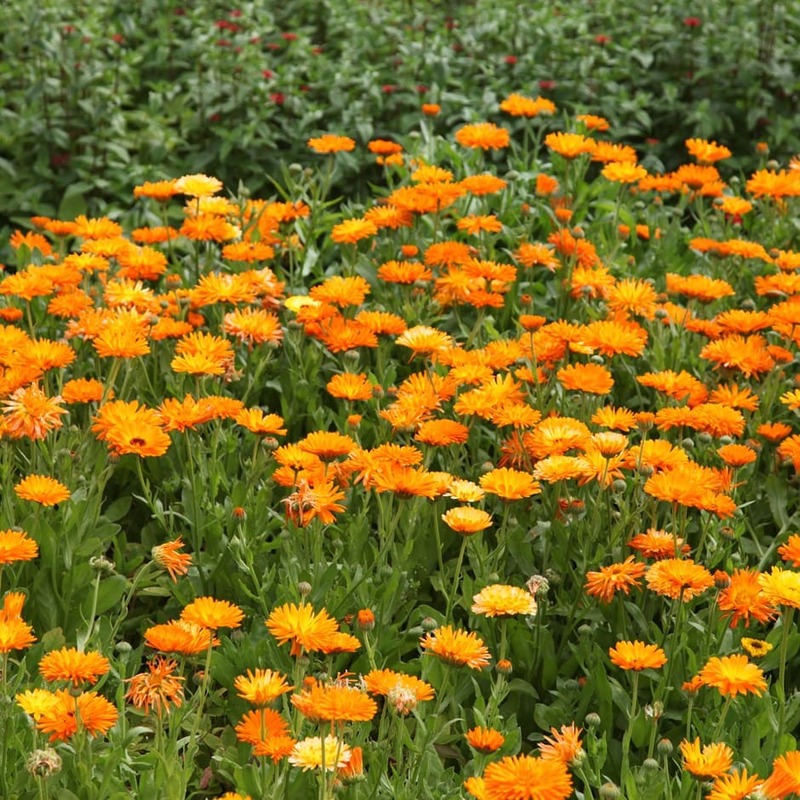
The usage of the pot marigold is mostly external. Added to an ointment, marigolds can quickly heal wounds, cuts, and burns.
Taken internally in tea, the pot marigold helps circulation and if this is made regularly the tea can ease varicose veins.
11. Green Tea
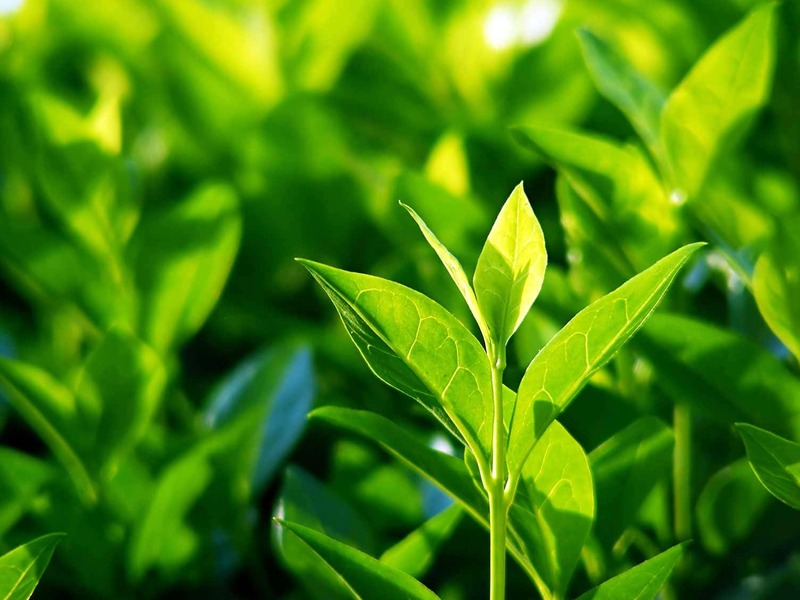
Green tea is the second most consumed beverage in the world! People are aware of its antioxidant benefits but there is more to consider.
Studies show that green tea has a certain positive effect on weight loss, liver disorders, type 2 diabetes, Alzheimer’s disease, cancer prevention and is good for the general condition of heart.
12. Cloves
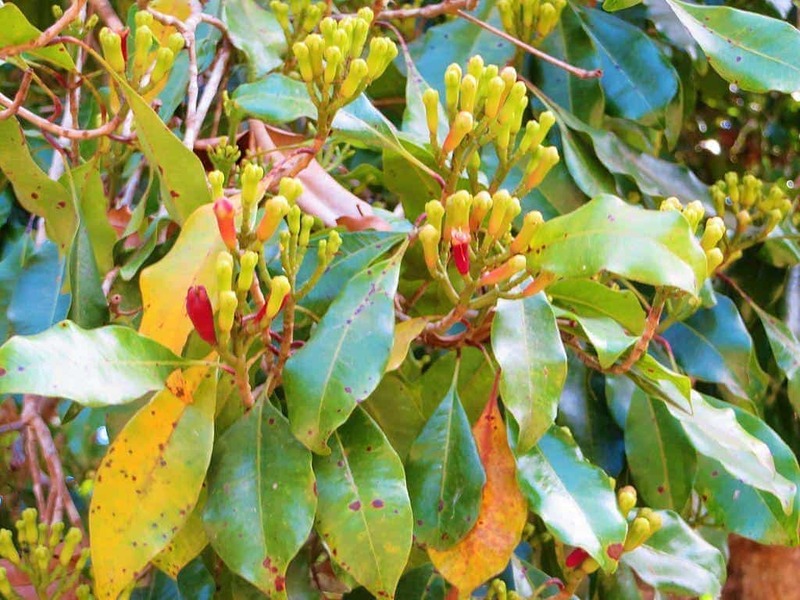
Another antioxidant in our collection of Medicinal Plants That You Should Grow in Your Garden is cloves. Cloves are mostly known as a spice but there are many health benefits that have turned them into an additive into medicines.
Cloves are rich in magnesium, almost 55% of the daily dose. Studies show that cloves may help the liver condition and help the fight against cancer.
13. Onion
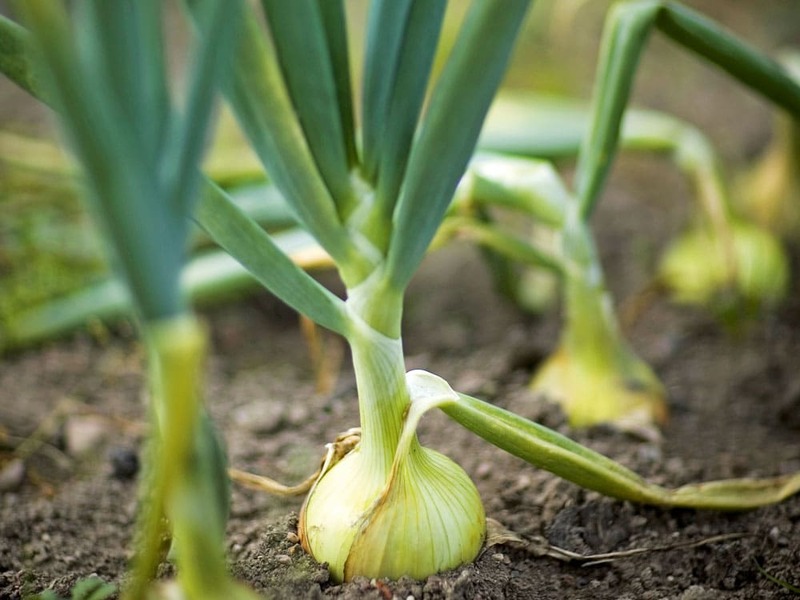
Like garlic, onion is a must-have plant in the garden. It is an immune booster and helps with protection from a lot of serious diseases.
Onion is known to be a source of vitamin C, antioxidants and many nutrients. Its smell is actually also antibacterial. Studies have also researched its benefits against cancer and its support on bones.
14. Dill
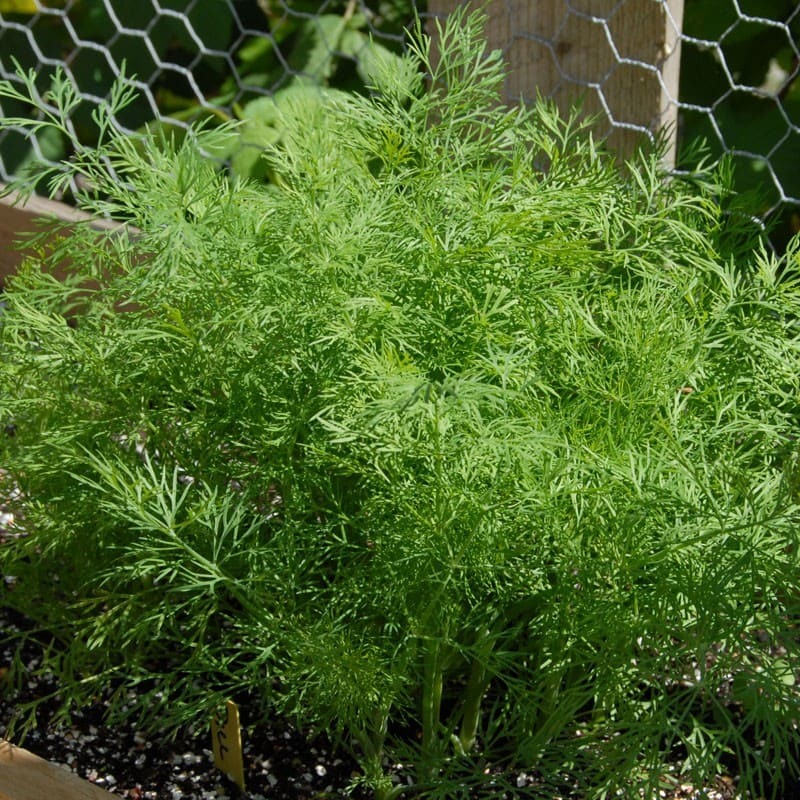
The leaves of the dill are used in many dishes. Its seeds though are part of home remedies helping the digestive system overcome issues like gases or bloating. You may be surprised but by eating the dill leaves you support your bones, prevent infections and boost your immunity.
15. Licorice
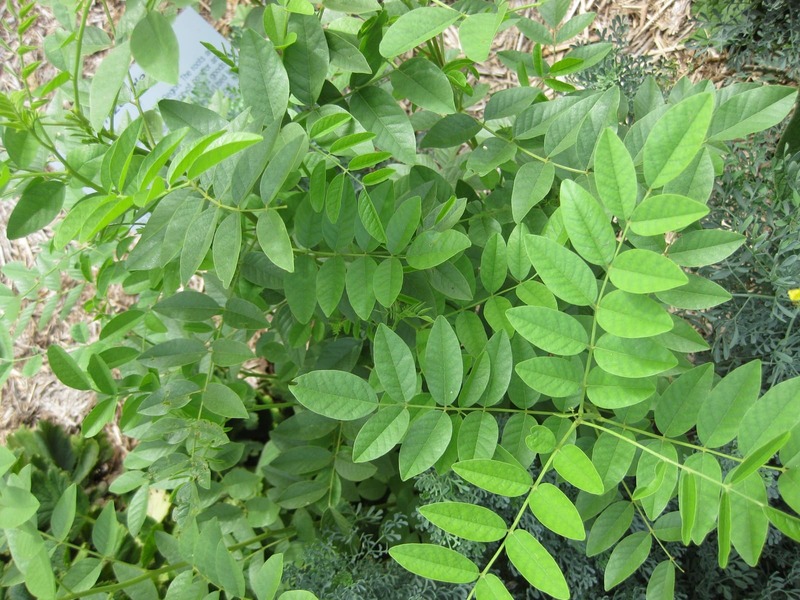
The usage of licorice roots dates back to ancient Egypt times when it was used in drinks for pharaohs. Nowadays, people use it in cases of heartburn, cough, inflammations, acid reflux.
Its antibacterial properties are highly appreciated especially in the treatment of cavities. Studies show that it decreases bacteria Streptococcus mutans, a responsible cause of cavities.
16. Parsley
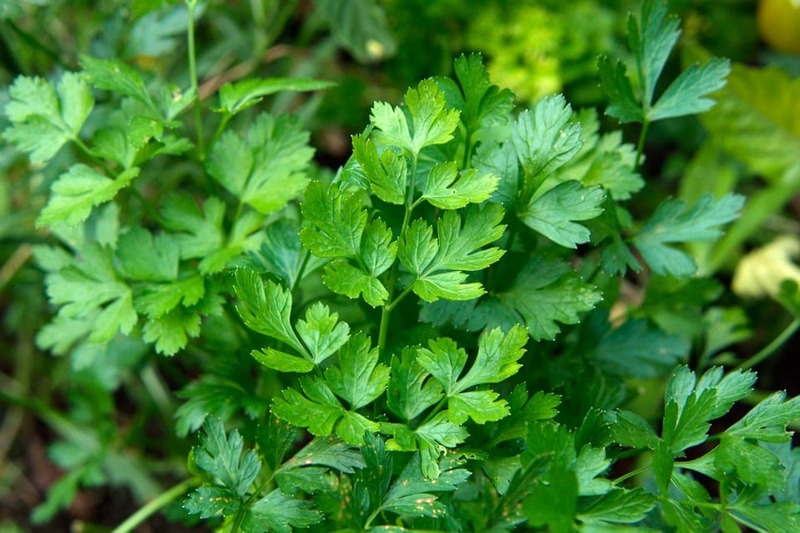
Parsley is rich in vitamins K, A, and C, hence called a superfood. In addition to boosting the immune system, parsley is a good antioxidant and protects from colon and lung cancer.
The carotenoids in parsley keep the eyes in a fit condition and protect the cornea and the conjunctiva of the eyes.
17. Ginger
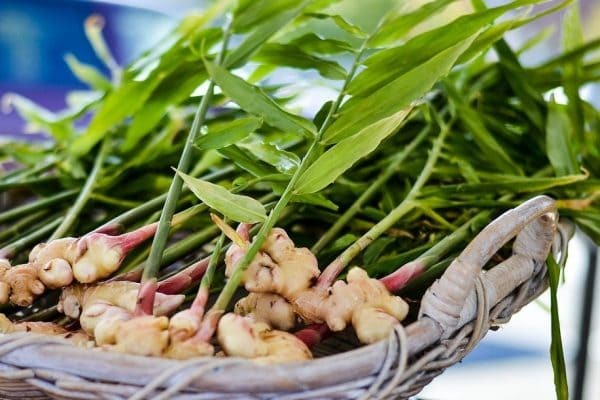
Growing ginger in your garden promises to have at your disposal a natural ingredient that boosts the immune system.
You can consume its roots untreated together with lemon and honey regularly to keep your organism fit and healthy. Ginger is also known to help health conditions like nausea, and upset stomach.
A cup of ginger tea will improve the brain’s function and will keep the skin in a healthier condition.
18. American Ginseng
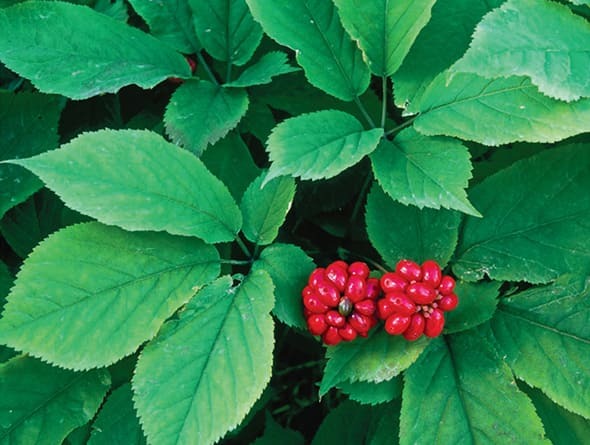
American ginseng is a traditional plant used in herbal medicine. Its roots are a source of antioxidants. As a supplement, it protects against flu and colds. Its continuous usage lowers fasting blood sugar and improves brain function.
19. Dandelions
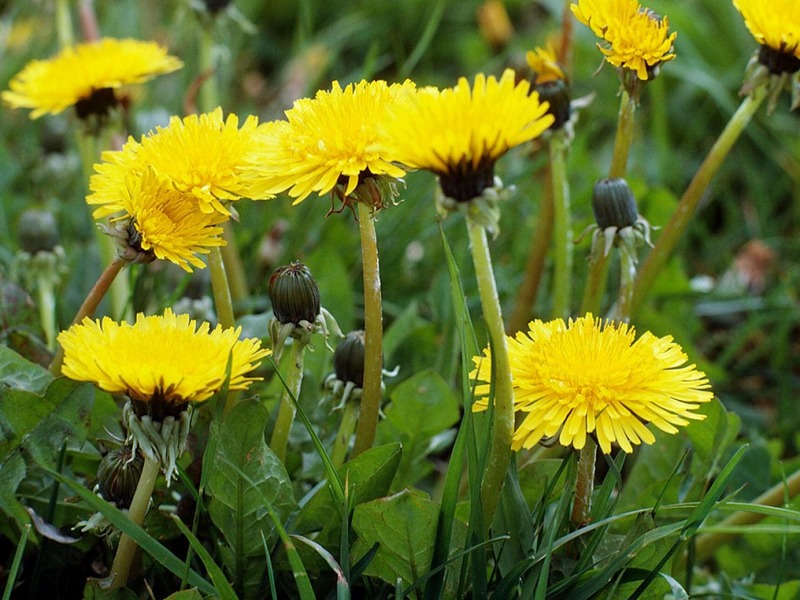
We step on this plant and at the same time, we don’t realize how helpful it is for our health. Every part of the dandelions can be used and altogether they offer a wide range of medicinal benefits. It is a superfood full of minerals, vitamins and fibers.
Dandelions may help you manage blood sugar, reduce cholesterol and triglyceride levels, promote liver health and boost immunity in general.
Some people eat dandelions in salads aiming to lose their weight.
20. Rosemary
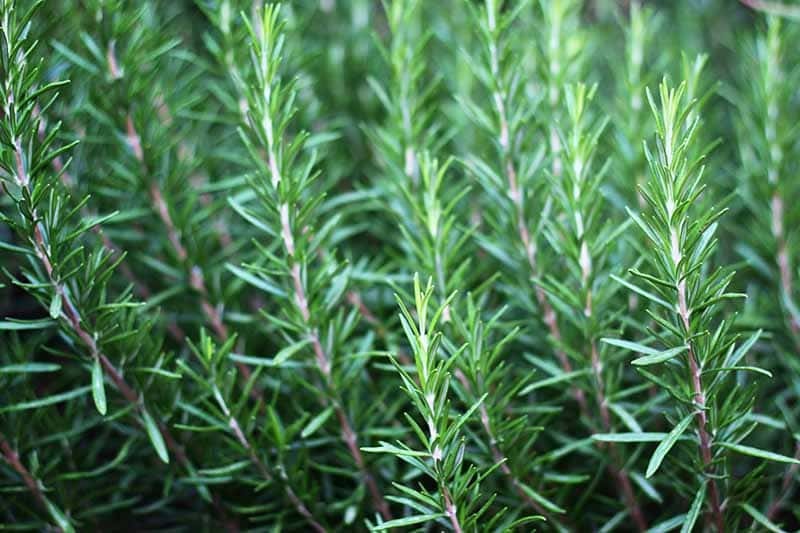
Rosemary is a distinctive herb used in many cuisines worldwide. In herbal medicine, it is known to reduce the risk of cancer and stress levels. Rosemary is an immune booster offering essential phytochemicals which are responsible for eye health, regulation of liver function, and lowering the risk of asthma.
In addition to sprinkling fresh or dry leaves of rosemary on the dishes, you can also use rosemary in the state of an essential oil.
21. Lemongrass
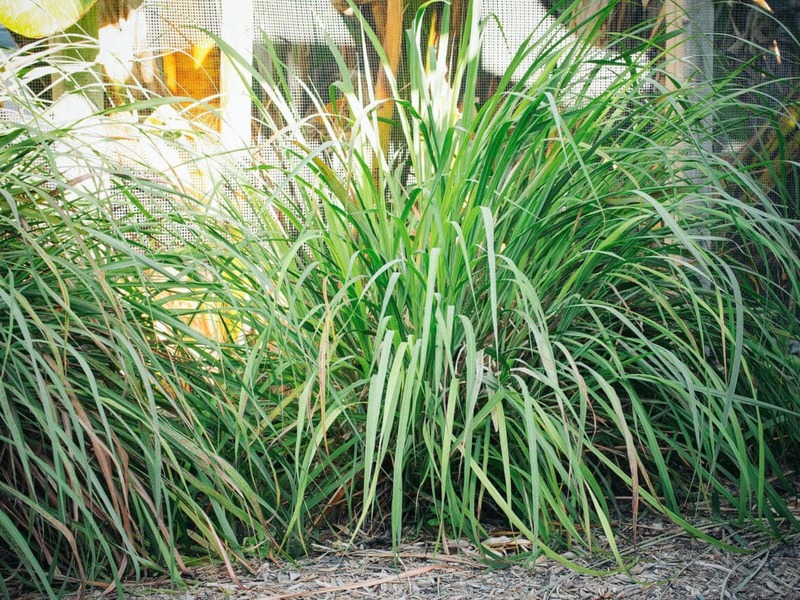
A cup of tea of lemon grass could be part of your everyday routine to keep your organism healthy and fit. Some people say that a cup of tea blocks the pain they feel, others drink it against infections.
It is known that lemon grass helps to reduce the stress levels. A quick smell of the essential oil of lemon grass is also beneficial for anxiety relief.
You can also chew the stalks of the plant to keep your dental hygiene at good level.
22. Safflower
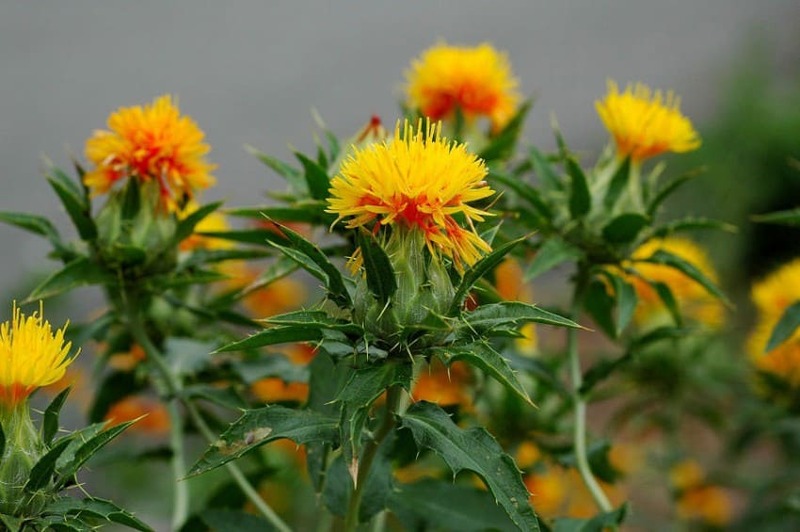
The flowers and the oil from the seeds of the Safflower are used in medicine. The oil is known to help with health issues like fevers, tumors, coughs, chest pain and others.
Oil can be used as a prevention against cancer, heart disease and stroke. You can apply the oil directly on your skin to moisturize it or to treat a wound.
23. Chamomile
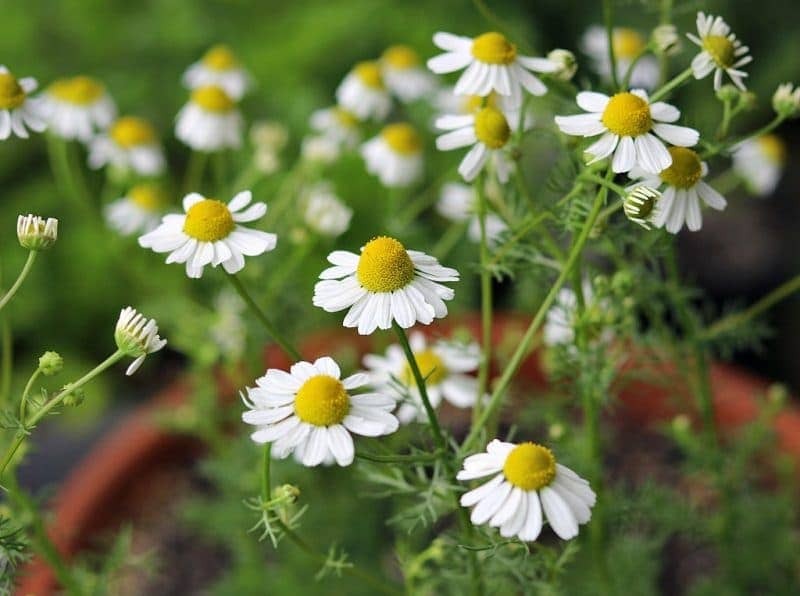
Chamomile could be called a queen in the medical benefits of garden plants. It is famous as a hot drink. A tea of chamomile is always offered in cases of colds and flu. It has antibacterial properties so an inhalation with some chamomile will help your sore throat.
A cup of chamomile tea at night will help you fall asleep quicker and experience a stronger sleep.
24. Hibiscus
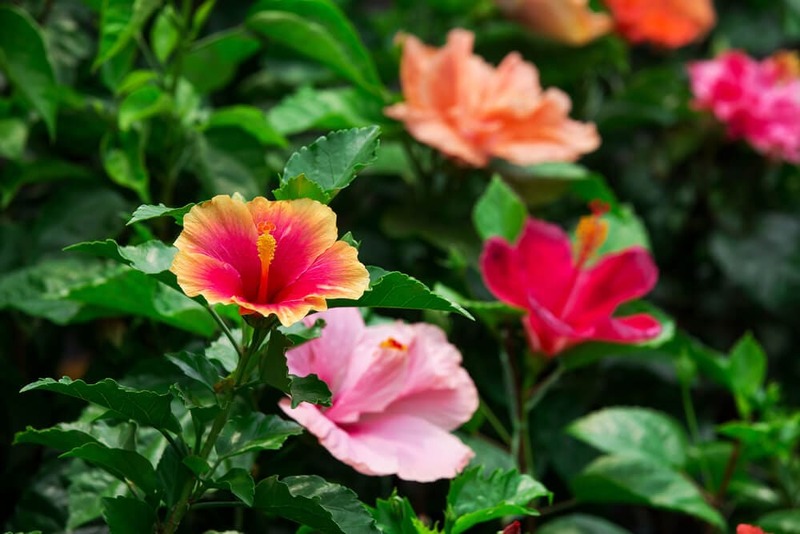
This beautiful shrub is a source of crucial benefits for human health. You can take it in juice or tea (hot or cold).
Hibiscus is high in antioxidants and supports the health of the heart and the liver. Some people take a cup of hibiscus tea to lower their blood pressure or lose some weight. People with diabetes prefer this natural ingredient to improve the good cholesterol level (HDL).
25. Peppermint
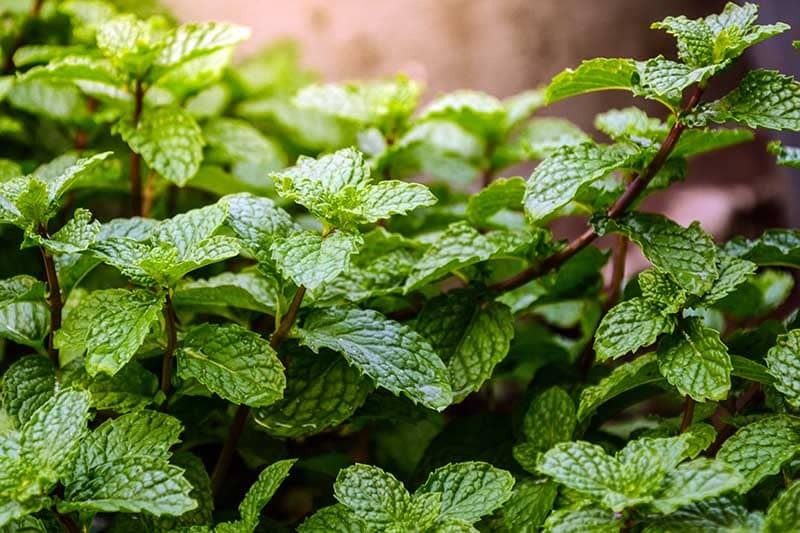
Peppermint is another great medicinal plant that you can easily grow in your garden. You can boil it for tea or make an extract. In some food supplement shops, there are capsules with peppermint powder.
Among its benefits, peppermint is known to soothe the stomach ache, lessen the headache and migraine ache and ease the sinuses. It is no wonder why peppermint is part of most of the medicines related to colds and flu.
Peppermint is also very helpful for relaxing anxiety and lowering stress levels.
26. Wheatgrass
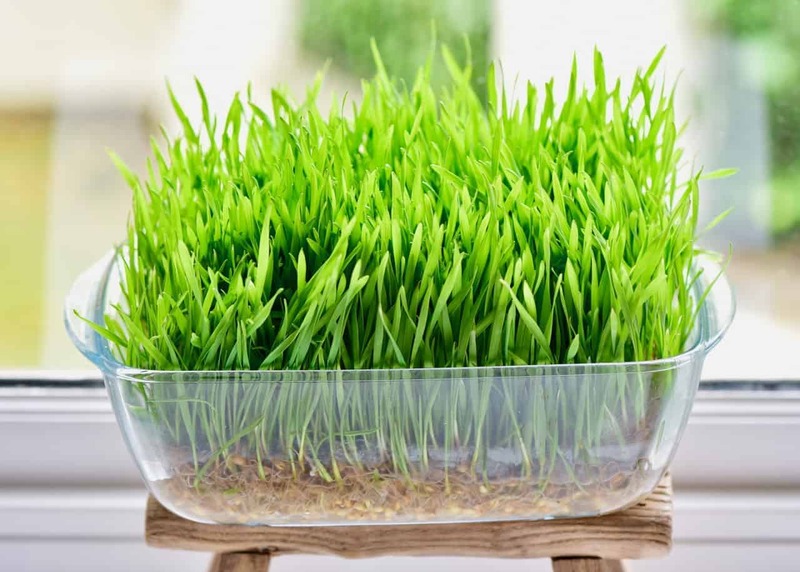
Nowadays, wheatgrass is far more than just animal food. Recently it has become a popular ingredient to add to a smoothie or juice. You can also find it in most of the health food stores or why not grow it yourself?
The wheatgrass appears not more than 10 days after planting the seeds. People take it to lower bad cholesterol and inflammation. It is known that wheatgrass helps the regulation of blood sugar and improves cognitive function. In general, wheatgrass is an immune system booster being rich in vitamins A, K, C and B, as well as calcium, iron and magnesium.
27. Shiitake
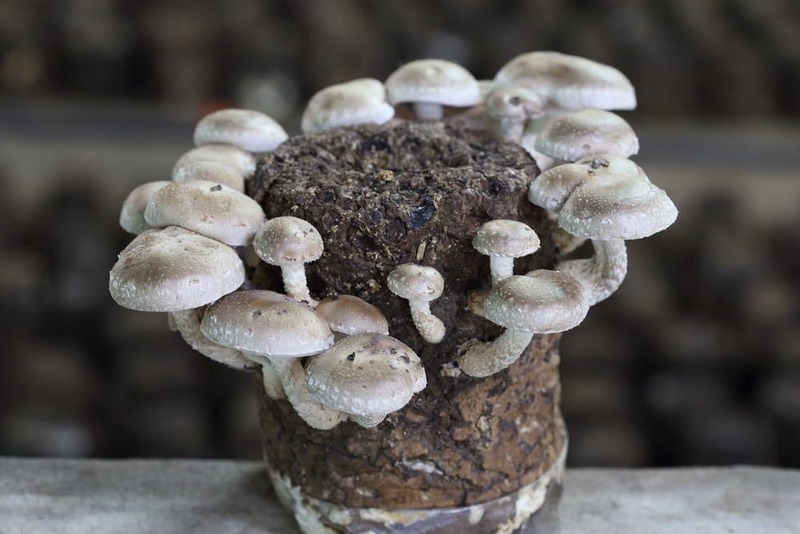
Shiitake is a mushroom, a very popular food in Asia. It is an immune booster and a fighter against many diseases. Researches show its positive effect on cancer cells and the general skin condition.
It is a source of vitamin D, responsible for the happy mood and relieved neuro system. Eating this mushroom may also affect positively brain function, the digestive system and provide the organism with more energy.
28. Chives
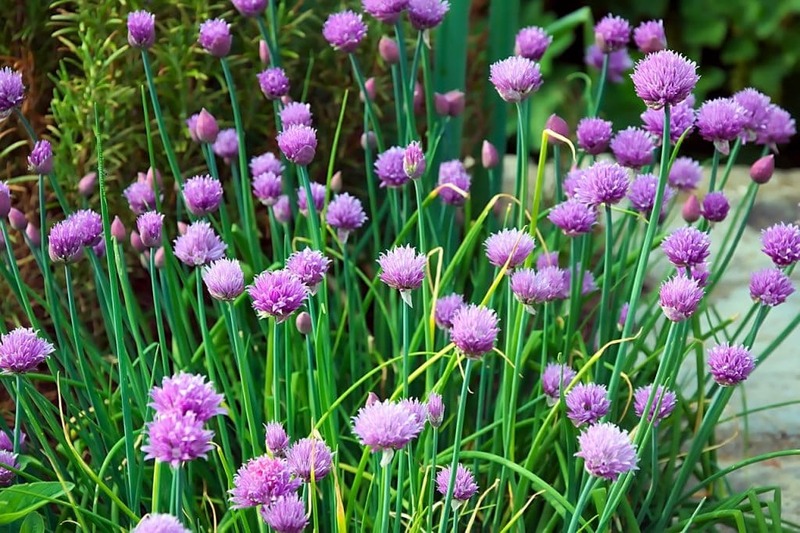
Chives is mostly known as a natural fighter against cancer and osteoporosis because of its rich vitamin K content.
Do you wonder how to consume chives? People mostly use it as a flavoring. Chop it into small pieces and sprinkle them on garlic bread or baked potatoes.
29. Arrowroot
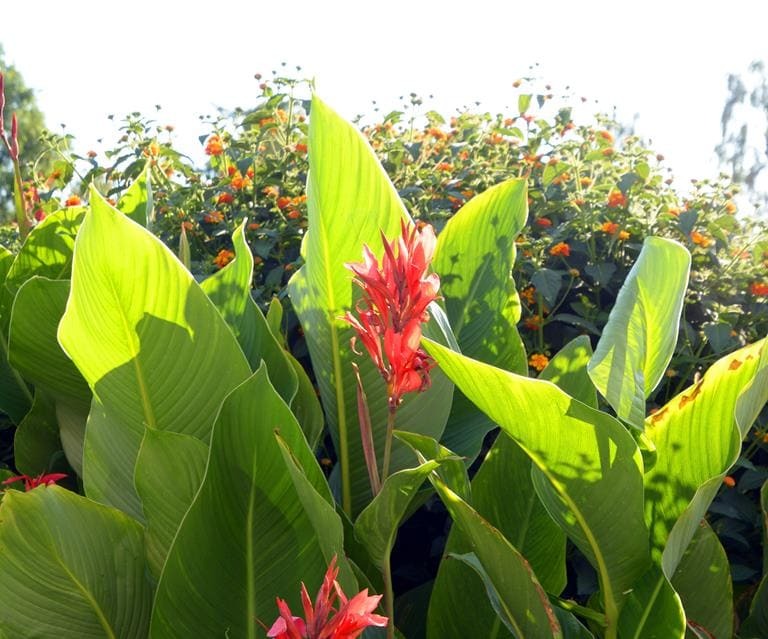
This amazing summer flower offers also significant medical benefits. It is rich in vitamin B which is responsible for the fit neuro system.
Arrowroot is known to promote digestion and sleep. The potassium content makes the arrowroot important for heart health and blood circulation.
If you take arrowroot, you will also quickly feel its positive effect on your skin helping with the fight with acne scars, rashes, and pigmentation.
30. Wintergreen
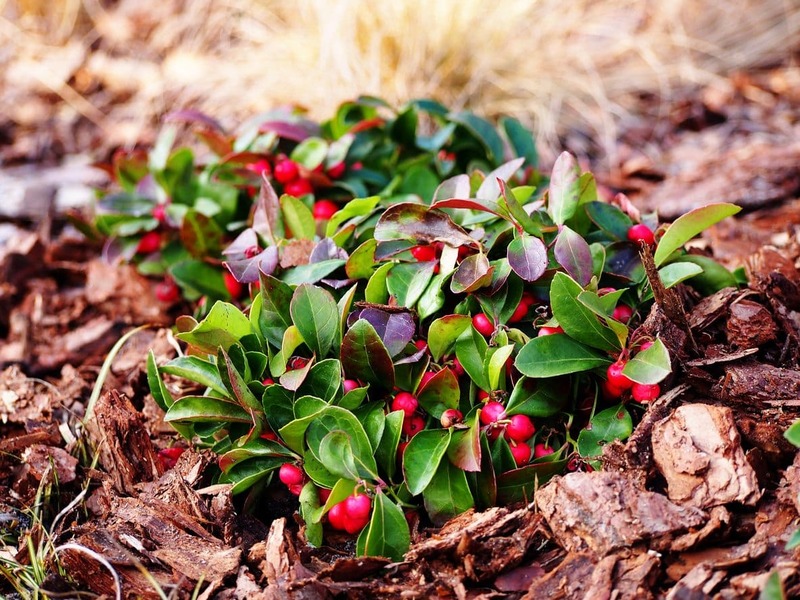
This is a herb, mostly used in an essential oil condition. Its leaves are also used in medicine in cases of headache, cramps, arthritis and menstrual pain.
It is an interesting fact that wintergreen contains an aspirin-line chemical which makes it a so successful remedy against pain, swelling and fever.
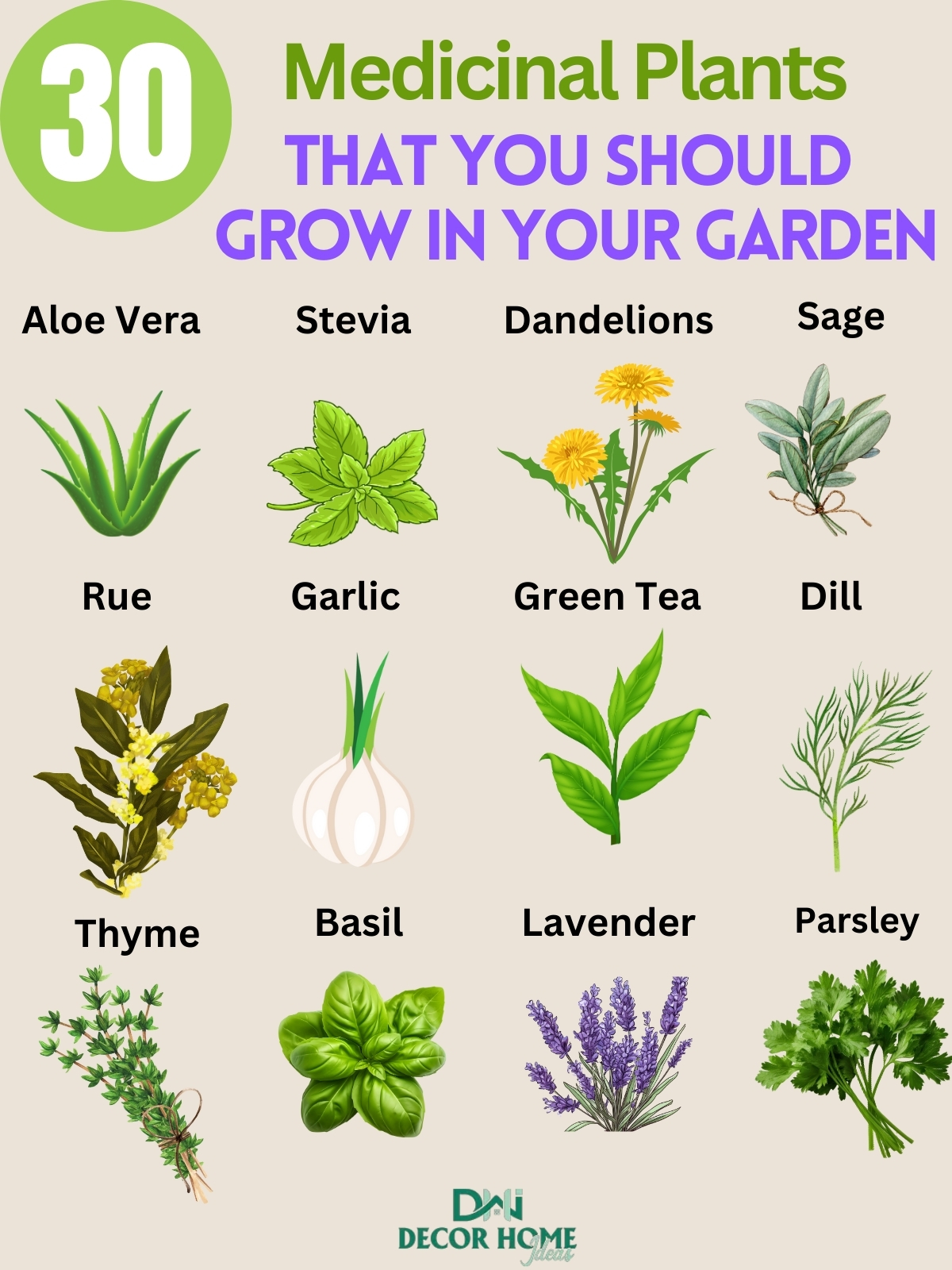
Create a natural healing garden with these powerful medicinal plants.
Aloe vera soothes burns, while lavender and sage promote relaxation.
Garlic and green tea offer immune-boosting benefits, and thyme and basil aid digestion.
Dandelions and stevia provide natural detoxification, while dill and parsley add both flavor and wellness to your diet.
Perfect for a self-sustaining, health-focused garden!

